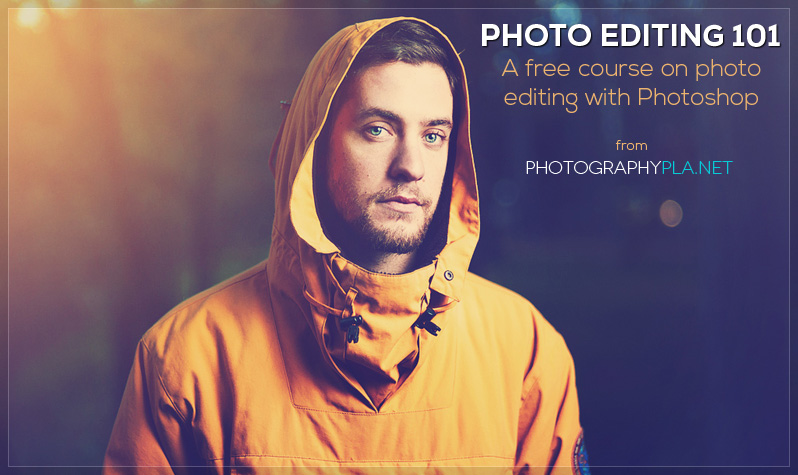Free Photography Bundle ($180 value): PS actions, LR presets, photo overlays, & print templates!
Get it here.
Many photographers struggle with a lack of confidence while they are learning. Maybe you see the work of other photographers and wonder why your own photos can’t look as great. Gaining confidence is key because it will motivate you to keep learning and growing, and it will help you to get the best results at each stage in your development. In this article we’ll look at 9 different things you can do to gain confidence.
1. Shoot Often
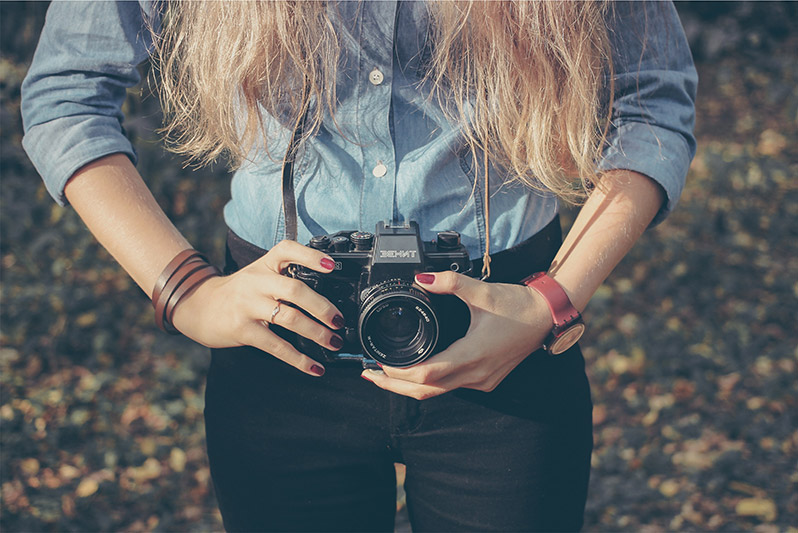
The best way to gain confidence is to get plenty of practice. If you are not practicing frequently it will be difficult to improve. You don’t have to dedicate huge chunks of time if you have a really busy schedule, but make an effort to photograph something as often as possible. Carry your camera with you so you never miss a good opportunity because you’re not prepared. You could photograph your kids, find a friend to model for you, go to a local park and photograph nature, shoot still life at home, or take a photo walk in your town or city. There are countless options.
2. Read and Learn
Since you are practicing a lot you should also be reading and studying so you can learn new things to try when you are practicing. There are many, many quality books and e-books on photography. You can buy e-books from any number of different websites, or just go to your local library and borrow some books on photography.
In addition to books and e-books there are also plenty of great options for taking courses. You can take online courses from people like Phil Steele, or find a local community college or art school that offers photography courses. There are a lot of different areas that you can specialize in, and there are courses and books on a wide variety of those specialties. If you want to learn how to master portraits you can get e-books from Ed Verosky. If you want to master landscapes you can get e-books from Christopher O’Donnell. Whatever you want to learn, just do a little bit of research and you will most likely find several books or courses that will teach you.
3. Don’t Compare Yourself to Others
There are photographers out there at all different levels of expertise and experience. If you are just getting started one of the most damaging things you can do is allow yourself to be discouraged because your photos aren’t as good as one of your professional photographer idols. Everyone has to learn and grow, so it’s not very useful to compare yourself to other photographers. Instead, focus on improving your own skills. If you are improving you are moving in the right direction and you should be encouraged about it.
4. Step Outside Your Comfort Zone
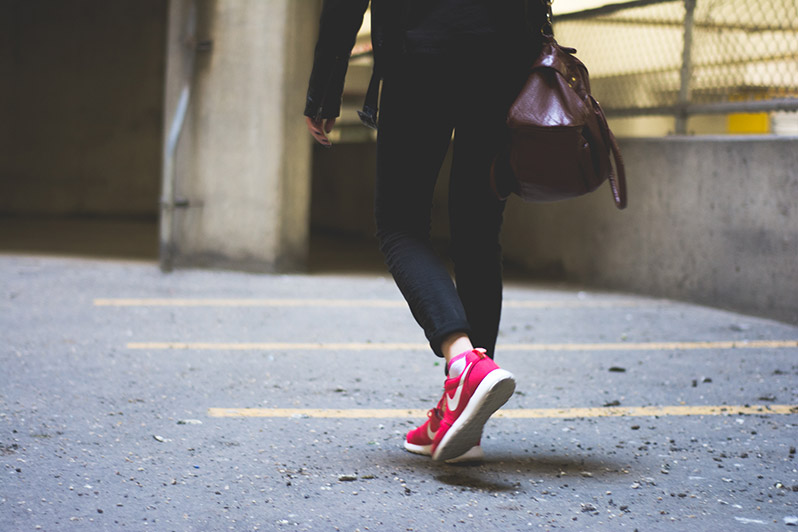
As you’re learning and developing your photography skills there will most likely be some things that stretch your limits and push you outside of your comfort zone. While these things can be a challenge, stepping outside of your comfort zone is often one of the best ways to improve. Stepping outside of your comfort zone could include asking others for feedback on your work, photographing people when you normally focus on nature, forcing yourself to use manual mode, shooting with other people around, sharing your photos online, or any number of other things.
5. Master Your Gear
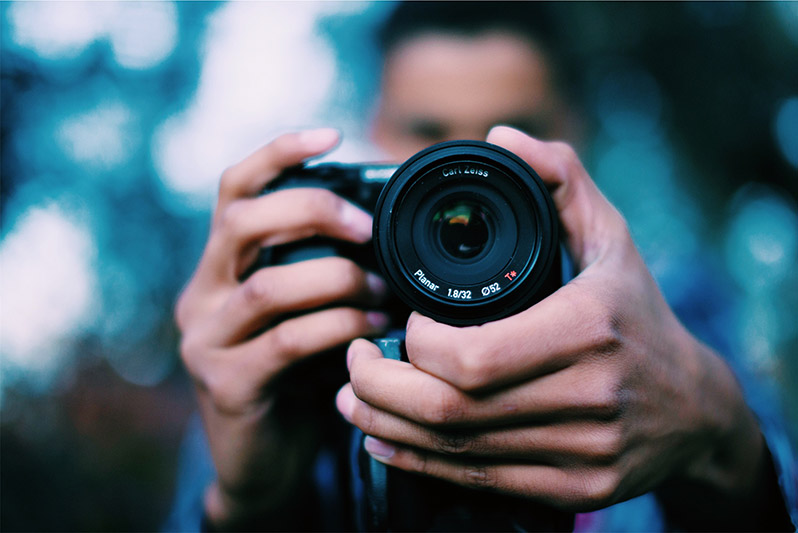
In order to get the best results with your photography you will need to know your gear inside and out. Make sure that you know all of the important functions on your camera and how to use them. Know how your lenses perform in different situations and when they will get the best results. Know how to effectively use the filters in your camera bag.
6. Learn Post Processing
Post processing is a critical aspect of digital photography, and once you feel comfortable with Lightroom and/or Photoshop you can take your photography to the next level. Post processing isn’t going to allow you to turn poor quality photos into great photos, but it will help you to transform good photos to great ones. If you’re just getting started with post processing we have two free online courses that can help:
7. Develop Your Own Style
Many of the best photographers have developed their own style that helps them to stand out. Developing your own style could involve deciding to focus on a particular subject or genre, shooting a certain style of photo, or using a similar approach in post processing with all of your photos. For some ideas, see 5 Tips to Find Your Own Style.
8. Find Inspiration
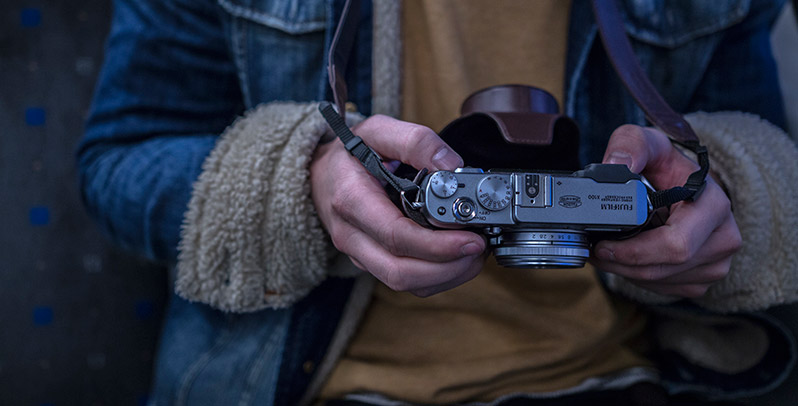
Finding inspiration for your work is a great way to keep your creativity flowing. You can gain inspiration from viewing the work of other photographers, studying art, observing nature, or whatever works to inspire you. There are plenty of great websites like 500px and Behance where you can browse the work of other photographers to get ideas and find inspiration that you can put into use in your own work.
9. Don’t Try to Do it All at Once
Don’t set expectations for yourself that are not realistic. You shouldn’t expect to go from novice to expert in a short period of time. Don’t try to master everything at once. Instead, focus on improvement in one area at a time. By focusing your efforts you’ll be able to learn quickly, you’ll see the results of your efforts, and it will impact your confidence as you continue to improve.
